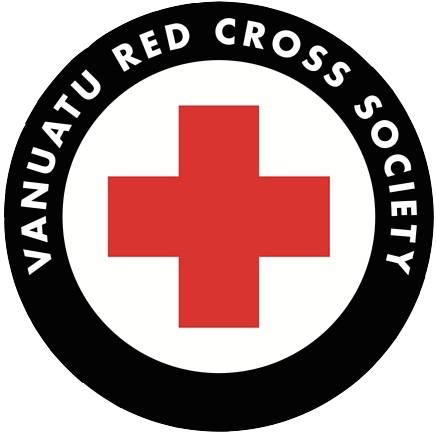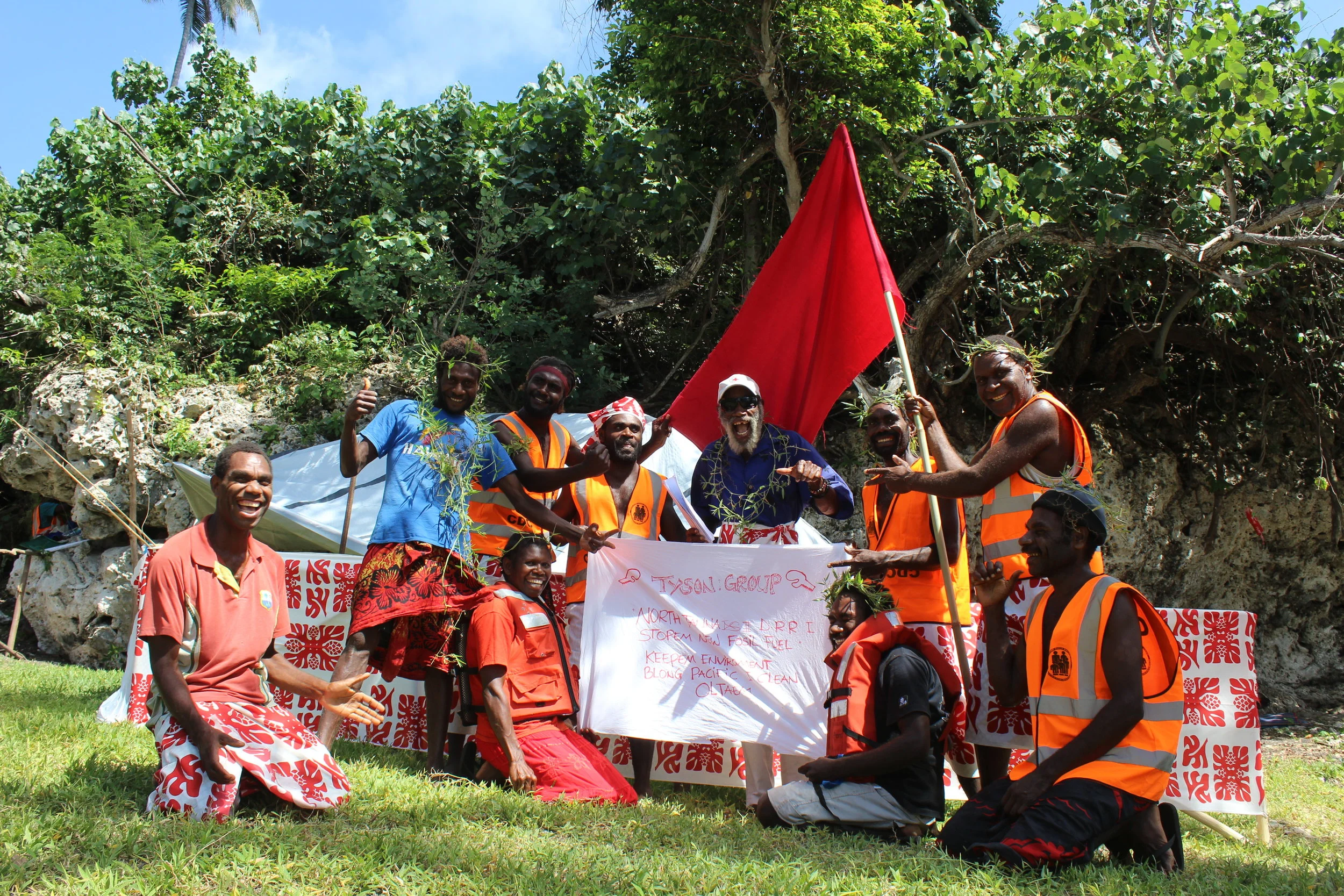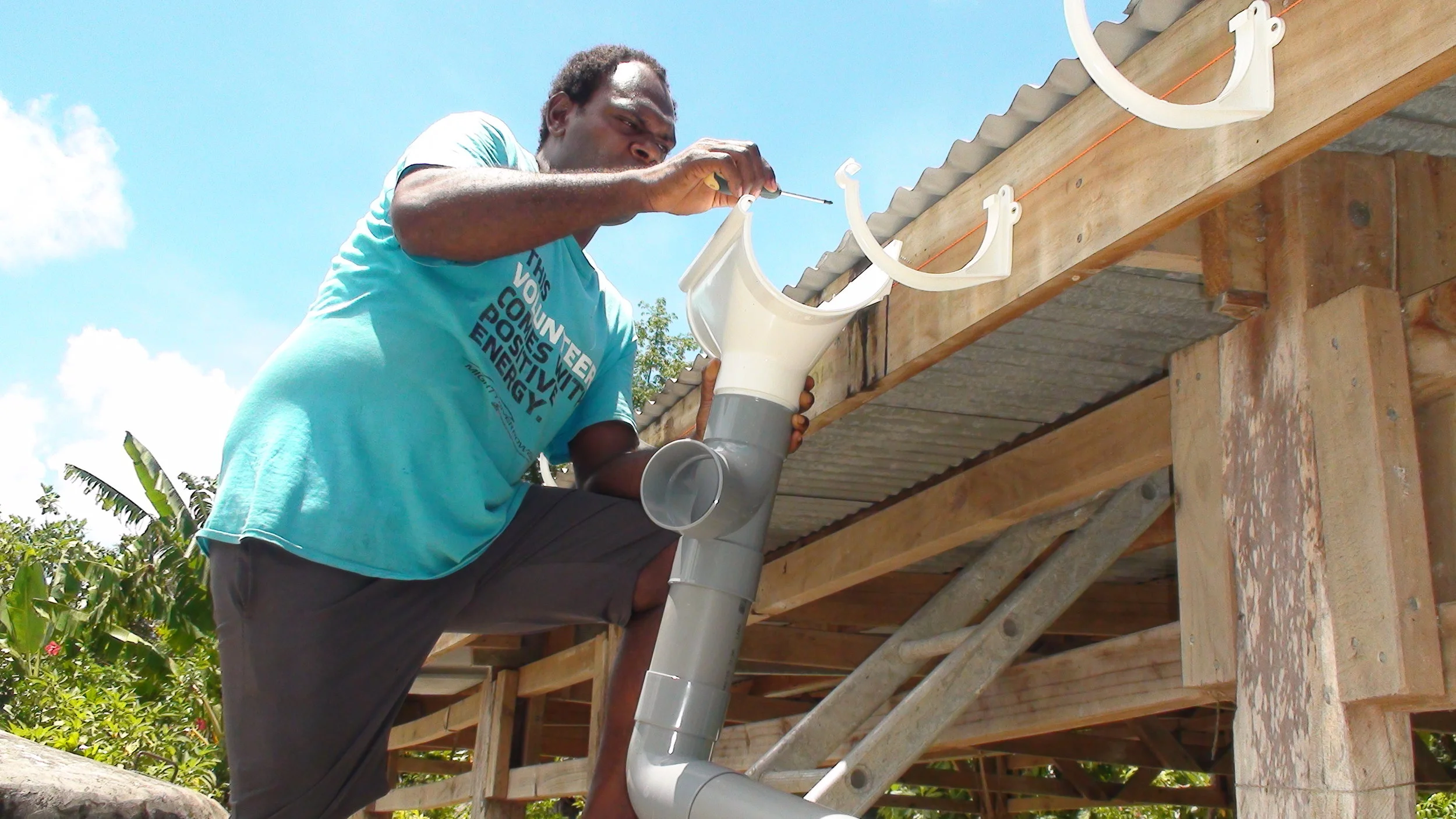The New Zealand High Commissioner Nicola Simmonds and Red Cross President, Moses Stevens and staff posing with the donated hand sanitizer. Photo: NZ HC
By Glenda Willie
The New Zealand Government through the New Zealand High Commissioner to Vanuatu, Nicola Simmonds, handed over much-needed Personal Protective Equipment (PPE) to the Vanuatu Red Cross Society (VRCS) yesterday morning.
VRCS, being an auxiliary partner of the government, has stepped in to assist the government in response to the COVID-19 pandemic since day one.
Secretary General of VRCS, Dickinson Tevi, said that a lot of VRCS volunteers have worked alongside the health workers in conducting COVID-19 vaccination awareness, supporting vaccination rollout, involvement in the registration of COVID-19 patients, and engaging in preparing and managing the Community Isolation Centres, the VRCS’ stock on its PPEs has declined.
VRCS, therefore, requested assistance for more supplies of the PPEs through the International Federation based in Fiji, and New Zealand Government responded positively.
SG Tevi acknowledged the New Zealand government for its swift response. He said the donation was timely as their supplies have ran short.
The donation will assist VRCS in its effort to support the government tackle the COVID-19 situation. According to Tevi, the PPEs will be distributed to the VRCS staff and volunteers on Efate and Santo.
New Zealand High Commissioner, Simmonds commended VRCS for their tireless efforts in this fight, despite knowing the risks they are putting themselves in. They needed the PPEs as they are exposed to the virus.
Simmonds affirmed the New Zealand government’s ongoing support to address the COVID-19 crisis in Vanuatu. The New Zealand government partnered with the Vanuatu government in response to COVID-19 since 2020. She assured us that New Zealand will continue to support Vanuatu during this global pandemic.






